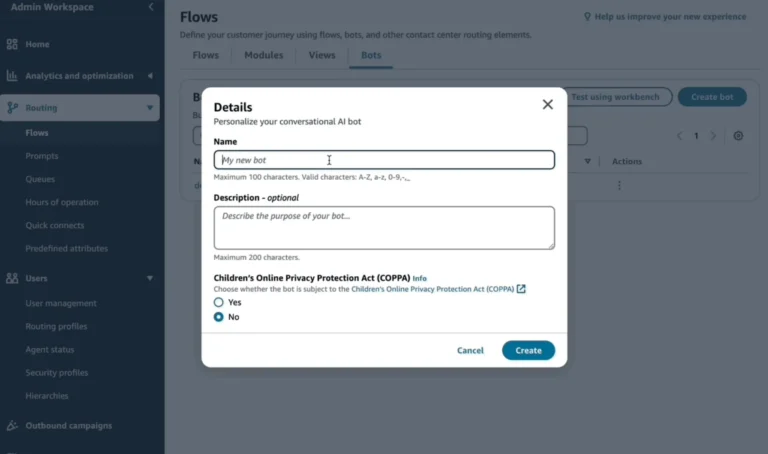Trending Article
Perplexity AI Launches Election Information Hub
As the midterm elections approach, the AI search company Perplexity is testing a novel initiative designed to provide crucial voting information through its newly announced Election Information Hub. Set to offer AI-generated answers to voting queries, summaries of candidates, and real-time tracking of vote counts, the hub aims to enhance voter engagement and access to information ahead of Election Day on November 5.

Aims and Features of the Election Information Hub
Perplexity’s Election Information Hub serves multiple purposes, providing users with essential details about polling requirements, locations, and hours based on data sourced from Democracy Works. This organization, known for its commitment to increasing voter participation, powers similar features seen in tools provided by Google. In addition to logistical information, the hub promises to deliver AI-generated responses to voter inquiries and a comprehensive overview of candidates running for office.
On Election Day, Perplexity plans to track live vote counts, utilizing data from The Associated Press. This integration allows users to access timely updates on election outcomes, including real-time information on races for the President, U.S. Senate, and House of Representatives. The platform is designed to offer state-specific breakdowns, showcasing the percentage of votes counted and identifying leading candidates as results come in.
Partnerships and Data Integrity
Sara Plotnick, a spokesperson for Perplexity, confirmed that both AP and Democracy Works are official partners in this initiative. The hub aggregates information based on a “curated set of the most trustworthy and informative sources,” which aims to ensure that users receive accurate and relevant information.
The hub’s user interface allows individuals to input their address or city to find tailored details about what’s on their ballot, making it easier for voters to understand their options. However, the launch has not been without its hiccups, as early interactions with the AI-generated candidate summaries have revealed inaccuracies.
Initial Observations and Errors
During a test of the hub, it became evident that some AI-generated summaries contained errors. For instance, the system failed to acknowledge that Robert F. Kennedy, Jr. had withdrawn from the presidential race. Additionally, a reference to a “Future Madam Potus” candidate led to a summary of Vice President Kamala Harris’ candidacy that included meme images not typically associated with formal summaries.
Plotnick addressed these inaccuracies, stating that the team is investigating why the summary regarding Kennedy’s withdrawal was omitted. She also noted that in some locations, write-in candidates might appear, which could explain the presence of the “Future Madam Potus” listing. Although this context adds complexity, it does not fully clarify why the summary of Harris included informal images rather than adhering to standard presentation.
The Challenges of AI in High-Stakes Contexts
These initial errors highlight the significant challenges associated with employing generative AI in contexts where accuracy is paramount, such as elections. The potential for misinformation in such a high-stakes environment has led other tech companies, including ChatGPT, Meta AI, and Google Gemini, to shy away from providing direct voter information. Instead, they typically redirect users to more established resources like CanIVote.org or conduct traditional Google searches.
The risks of using generative AI for disseminating critical information about voting and elections are multifaceted. Misinformation can lead to confusion among voters, potentially impacting turnout and public trust in the electoral process. This is particularly concerning as AI-generated content can inadvertently introduce errors or obscure important facts, as demonstrated in the initial rollout of Perplexity’s hub.
Moving Forward: Potential and Responsibility
Despite the rocky start, Perplexity’s initiative represents a promising step toward leveraging AI for civic engagement. The company is in the early stages of integrating AI into the voting information landscape, and with user feedback and continuous improvement, it could become a valuable resource for voters.
As the hub matures, the challenge will be to enhance the accuracy and reliability of AI-generated information. Perplexity must establish robust mechanisms for verifying data and correcting inaccuracies quickly to build trust with users. Collaboration with election officials and further partnership with organizations focused on civic engagement could also enhance the hub’s credibility.
Furthermore, the ongoing evaluation of user interactions will be critical. By monitoring how users engage with the hub and identifying common queries or points of confusion, Perplexity can refine its AI algorithms to better serve the electorate’s needs.
source :verge





